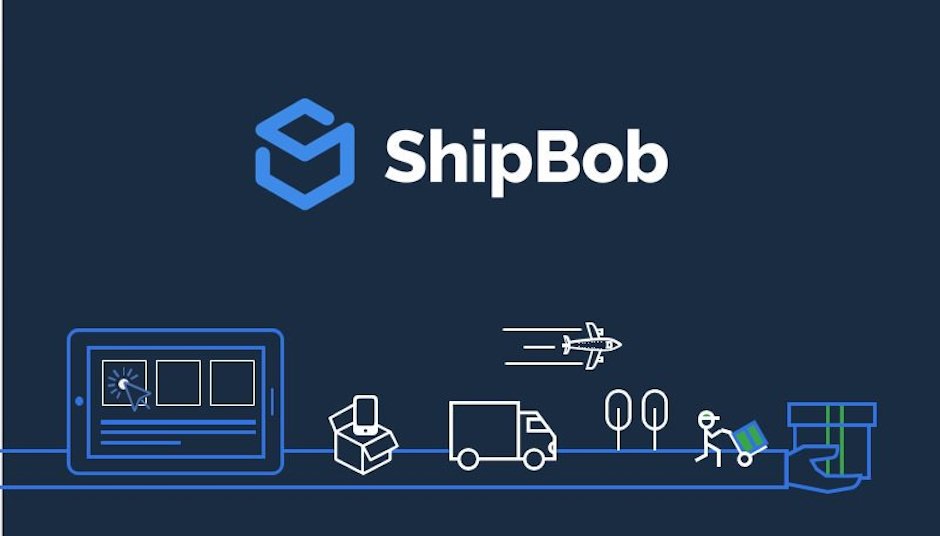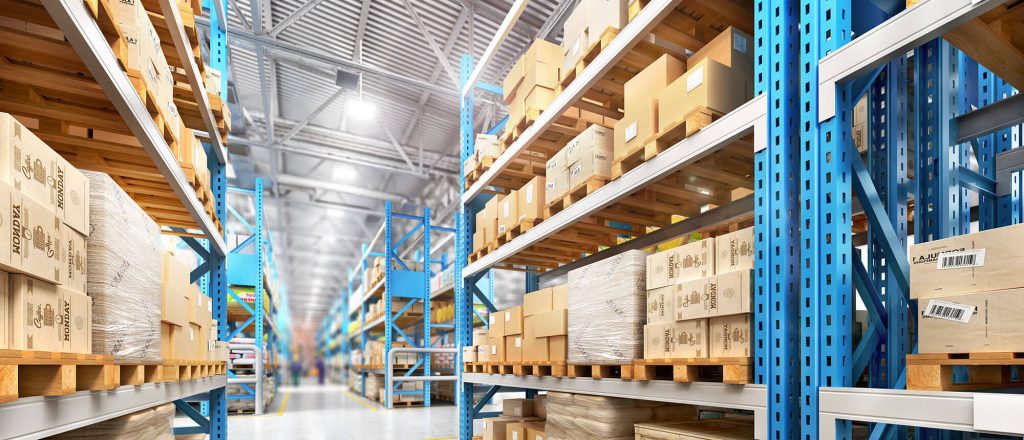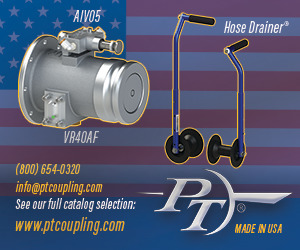With $40 million in new investments announced in September, Chicago-based e-commerce logistics company ShipBob is eyeing an expansion, starting with a new fulfillment warehouse in Cicero, Ill., and a push to hire 100 people in the next year.
Small to Midsize e-Commerce
The startup aims to help small to midsize e-commerce companies ship their products at speeds similar to Amazon.com. Shipping logistics tends to be the hardest part of launching an e-commerce brand, said Dhruy Saxena, ShipBob’s co-founder and chief executive.
“The expectation from a customer standpoint is that they will get all of their e-commerce orders delivered to them like Amazon Prime: same-day, next-day,” he said. “These e-commerce businesses don’t have the infrastructure to support that customer expectation.”
ShipBob plans to use its $40 million round of funding to continue working toward that capability and improve its software platform. Its new facility on Ogden Avenue is six times larger than the company’s previous Chicago-area warehouse. It can facilitate same-day delivery for Chicago-area customers ordering products from e-commerce platform Shopify.
Enjoying our insights?
Subscribe to our newsletter to keep up with the latest industry trends and developments.
Stay InformedOther e-commerce fulfillment companies are investing in the Chicago area to keep up with booming demand from online shoppers.
Las Vegas-based Rakuten Super Logistics announced Sept. 5 that it would open two more fulfillment centers, one in New Jersey and the other in suburban McCook, which is expected to open in October. Amazon also has been bulking up its presence in the area and now operates more than half a dozen facilities in Illinois.
Room Enough for Two
There is room in the e-commerce fulfillment world for a company besides Amazon, said Sunil Chopra, a professor at Northwestern University’s Kellogg School of Management. To compete with the tech giant and other players, ShipBob will need to take advantage of its scale to lower the cost of its services for customers.
“That is the key,” he said.
ShipBob’s Warehouses
ShipBob’s new Cicero warehouse is about the size of two football fields. The space still is filling up, but already occupying the shelves are products from at least 1,000 e-commerce companies, including quinoa snack brand I Heart Keenwah and apparel-maker Creepy Co., both based in Chicago. There are rows of bins filled with smaller items, such as watch straps and zombie T-shirts, and racks of unpacked boxes stuffed with products from socks to back-hair trimmers waiting to be ordered. Workers move among the rows, putting boxes on racks and sorting through pallets. Employees pull deconstructed boxes from piles for packaging.
“There was a time when we knew all the clients and products, and that’s long gone,’’ co-founder Jivko Bojinov said on a recent afternoon, as he walked down the rows of items.
In about a year, ShipBob grew to more than 350 employees from 60. The company’s hiring goals for the next year are fueled by its plans to open more fulfillment centers and double the size of its software engineering team, Saxena said.
Besides the Cicero warehouse, the company operates fulfillment centers in Los Angeles, San Francisco, New York and Dallas, Texas. ShipBob plans to open more in the next few years, and their locations will depend on shipping demand, Saxena said.
ShipBob’s warehouses depend on its technology platform to run. As orders come in through companies’ websites, the technology generates shipping labels for workers to fill in the warehouse. The workers wear iPod Touch devices on their wrists and scanners on their fingers. The ShipBob app on the iPod tells them what items to pull, and they use the finger scanners to confirm they pulled out the right products. The software also helps with back-office tasks, such as knowing when to restock.
ShipBob’s Technology
ShipBob’s technology then compares shipping prices to determine which carrier to use to deliver the packages. Its technology sends tracking information to the clients’ websites for the consumer, who never sees ShipBob’s brand
On a recent afternoon, new worker Lashon Giles was filling an order of fabric swatches for a potential new couch. It was her third week on the job, and now that she knew where things were, the technology did the hard parts of the job for her, she said. She moved among the aisles, pulling out swatches of colors such as “earth” and “wheat,” pointing her finger scanner at the QR code on the bin and moving on.
“It’s meant to be really simple,” Bojinov said. The employees provide feedback on how to improve the technology — an effort that the new funding will help drive. One of the goals is to reduce the number of steps employees take, making them more efficient. Amazon has been working toward the same ends.
The e-commerce giant’s fulfillment center in south suburban Monee, Ill., for example, employs a fleet of robots alongside its workers, allowing them to process more orders. Amazon also has eyed technology that could track the movement of its workers’ hands as they fill orders.
Owning Core Assets Key
Owning the warehouses and the software that helps them operate has ShipBob poised for growth in an already expanding industry, said Ira Weiss, managing director of Chicago-based Hyde Park Venture Partners, one of the company’s investors.
“There’s nobody doing anything exactly like what we’re doing,” he said. “Six to 12 months from now, it will be clear to everyone that we’ve won the market.”
The next challenge facing ShipBob will be continuing to execute and manage growth, Weiss said.
The latest round of funding is the company’s fourth, bringing its total raised to more than $62 million. The company did not disclose its new valuation.
California-based Menlo Ventures led the round, and partner Shawn Carolan will join ShipBob’s board of directors. Carolan also helped with Menlo Ventures’ investment in Uber. Other repeat ShipBob investors include Chicago-based Hyde Park Angels; Bain Capital Ventures, the Palo Alto, Calif.-based venture capital arm of Bain Capital; and Y Combinator, the famed California accelerator ShipBob went through four years ago shortly after launching.
(this article was distributed by Tribune Content Agency)

























